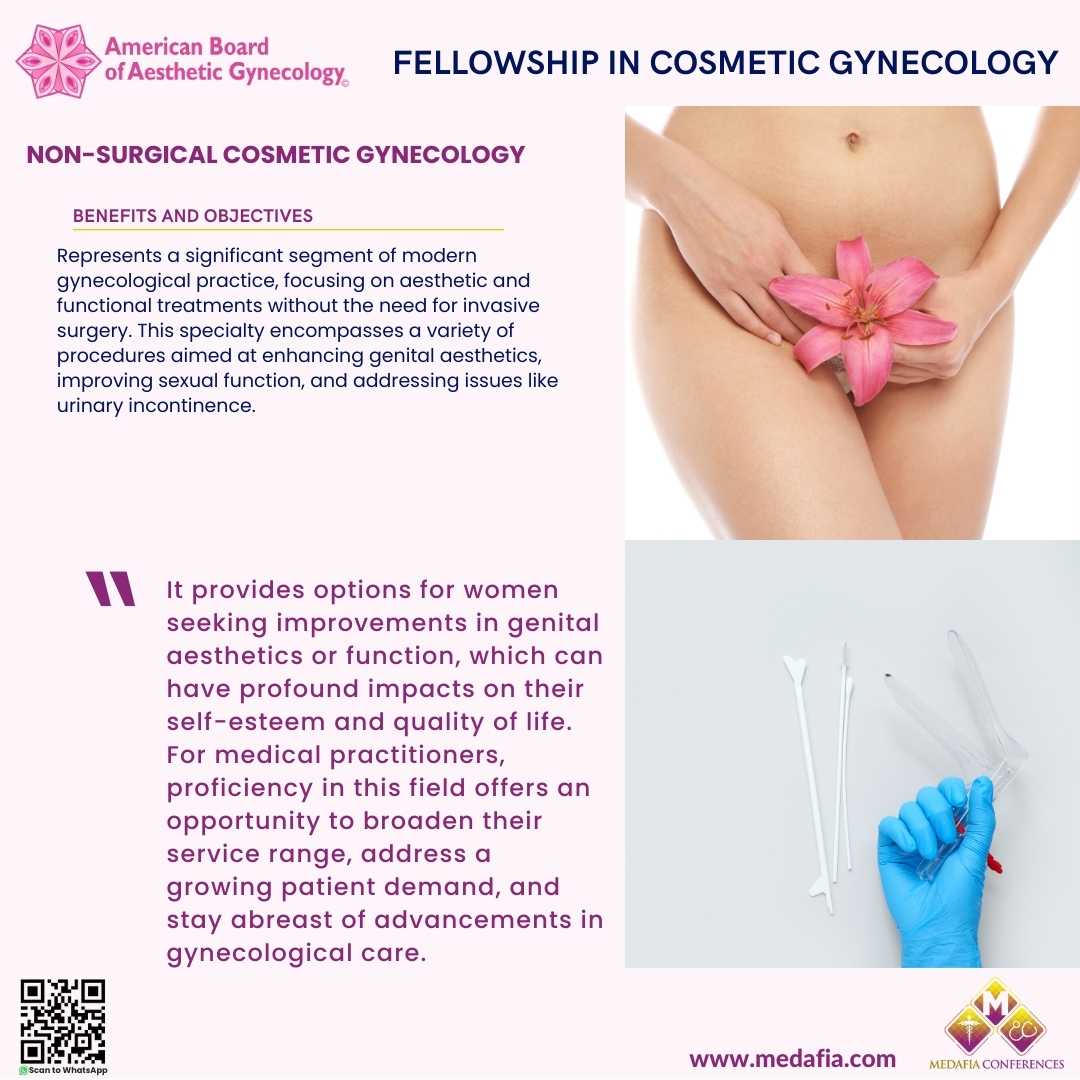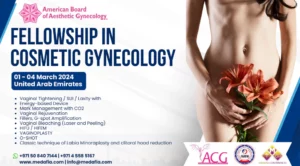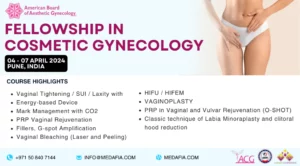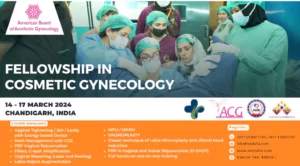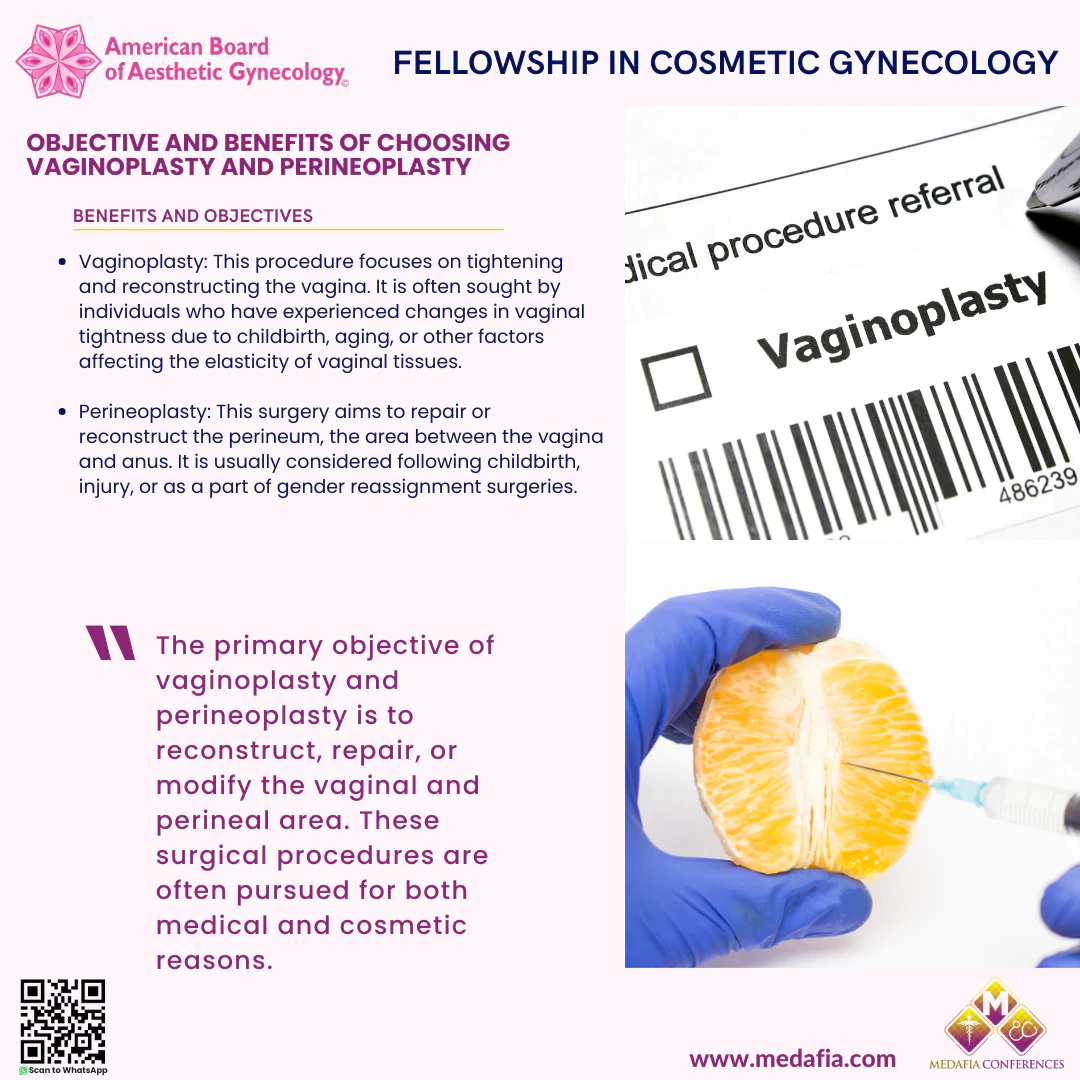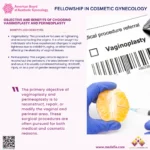What is Non-Surgical Cosmetic Gynecology?
Non-Surgical Cosmetic Gynecology represents a significant segment of modern gynecological practice, focusing on aesthetic and functional treatments without the need for invasive surgery. This specialty encompasses a variety of procedures aimed at enhancing genital aesthetics, improving sexual function, and addressing issues like urinary incontinence.
Key Differences between surgical and non-surgical approaches are primarily in the invasiveness and recovery time. Non-surgical methods often involve less risk, shorter recovery periods, and can be more appealing to patients seeking minimal downtime. These procedures typically include laser therapies, radiofrequency treatments, and injectables, contrasting with the more invasive nature of surgical options.
Importance in Medical Practice: The significance of non-surgical cosmetic gynecology lies in its patient-centric approach. It provides options for women seeking improvements in genital aesthetics or function, which can have profound impacts on their self-esteem and quality of life. For medical practitioners, proficiency in this field offers an opportunity to broaden their service range, address a growing patient demand, and stay abreast of advancements in gynecological care.
Advancements in the Field
The field of non-surgical cosmetic gynecology has witnessed significant technological and procedural advancements, each contributing to more effective and safer treatments.
-
Laser Technology: Lasers have revolutionized non-surgical cosmetic gynecology, offering precision in procedures like vaginal rejuvenation and labial remodeling. They work by stimulating collagen production, enhancing tissue elasticity, and improving overall genital aesthetics.
-
Radiofrequency Treatments: Radiofrequency, another breakthrough, utilizes thermal energy to tighten vaginal tissues. This method is particularly effective for treating urinary incontinence and enhancing sexual satisfaction.
-
Injectable Treatments: The use of injectables, such as hyaluronic acid and platelet-rich plasma (PRP), has grown in popularity. These treatments address issues like vaginal dryness and laxity, providing a non-invasive alternative to surgical procedures.
These advancements not only enhance patient outcomes but also contribute to the field’s growing appeal. Practitioners skilled in these technologies can offer a wider range of treatments, meeting diverse patient needs while ensuring minimal recovery time and reduced risk.
Diploma in Non-Surgical Cosmetic Gynecology
The Diploma in Non-Surgical Cosmetic Gynecology is a comprehensive program designed for medical professionals seeking to specialize in this evolving field. Here’s what the diploma entails:
-
Curriculum Overview: The diploma covers a range of topics crucial to non-surgical cosmetic gynecology. This includes anatomy and physiology of the female genital tract, understanding various non-surgical procedures, patient assessment techniques, and managing patient expectations. Trainees also learn about the latest technologies in laser and radiofrequency treatments, and the use of injectables.
-
Practical Training: A significant part of the diploma involves hands-on training. This practical approach ensures that participants gain real-world experience in performing non-surgical cosmetic gynecological procedures under expert supervision, preparing them for clinical scenarios.
-
Career Benefits: For practitioners, obtaining this diploma can open new doors in their medical careers. It not only diversifies their clinical skills but also positions them to meet a growing patient demand in this niche. Additionally, it can lead to opportunities in private practices or specialized clinics.
The diploma program is tailored to equip OB/GYNs, urologists, and other medical professionals with the knowledge and skills necessary to excel in non-surgical cosmetic gynecology, enhancing both their professional repertoire and patient care quality.

